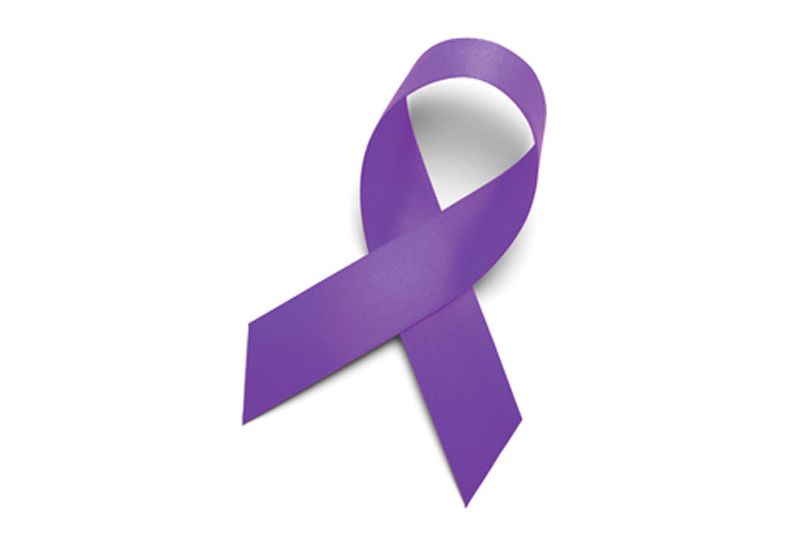
According to the latest estimates* on the global burden of cancer issued as part of the International Agency for Research on Cancer (IARC) Global Cancer Observatory, new cases have risen to 18.1 million and cancer has claimed the lives of 9.6 million individuals in this present year alone.
Added to the daunting prospect of cancer cases soaring by 75% over the next 20 years, spending on cancer medicines is also predicted to increase – reaching a forecasted $150 billion by the year 2020. This tremendous socioeconomic burden on healthcare systems across the globe can no longer be sustained anywhere – irrespective of national cancer plans, prevention programs, allocated resources and corresponding treasury.
Purposely timed to coincide with World Pancreatic Cancer Day, a report ** published by United European Gastroenterology (UEG) hones in on this tumor type which, although not yet ranking among the global top ten cancers, is also on an alarming climb in prevalence as well as cause of death. According to these latest data, pancreatic cancer death rates in the EU have increased by 5% between 1990 and 2016, which is the highest percentage hike in any of the EU’s top five cancer killers which, as well as pancreatic cancer, include lung, colorectal, breast and prostate cancer.
As a notoriously ‘silent’ disease in terms of identifiable symptoms, pancreatic cancer generally manifests itself at late and advanced stages. According to today’s report, not only does it have the lowest survival of all cancers in Europe, it causes 95.000 EU deaths every year and has a median survival time of just 4.6 months at diagnosis. A closer-to-home statistical snapshot seems to confirm these trends. In Spain alone, a recent study*** showed that while pancreatic cancer ranks in 13th place by number of incident cases in both sexes, it occupies the sixth slot in the number of deaths in both sexes.
Added to this bleak outlook, the report also claims that pancreatic cancer receives less than an estimated 2% of all cancer research funding in Europe, an observation this is seemingly reflected by the slim pickings of meaningful scientific advances against this disease over the last few decades.
Talking to VHIO Communications, our Director, Josep Tabernero, observed, “Cancer statistics are not compiled to simply file. Not only do they represent a crucial wake-up call, they must be carefully processed, evaluated and used to better guide policy points and set research priorities now and in the future. With the global burden and associated price tag of cancer treatment and care on the rise, resources are already buckling under the strain even in countries with the most advanced health care systems. Unless we all proactively consider and respond to such precious statistical insights, too many patients will succumb to this terrible illness.”
Teresa Macarulla, Principal Investigator of VHIO’s Gastrointestinal and Endocrine Tumors Group, also directed by Josep, concluded, “The international cancer community must clearly take heed of this latest data by investing in the necessary research that can and will only help us to diagnose this disease earlier on and drive the discovery that is desperately needed if we are to improve outcomes for our patients.”
###
* The online GLOBOCAN 2018 database: http://gco.iarc.fr/.
** Pancreatic Cancer Across Europe: Taking a united stand (20108)
*** Global, Regional, and National Cancer Incidence, Mortality, Years of Life Lost, Years Lived With Disability, and Disability-Adjusted Life-Years for 29 Cancer Groups, 1990 to 2016 A Systematic Analysis for the Global Burden of Disease Study, Global Burden of Disease Cancer Collaboration, JAMA Oncol. 2018;4(11):1553-1568. doi:10.1001/jamaoncol.2018.2706











